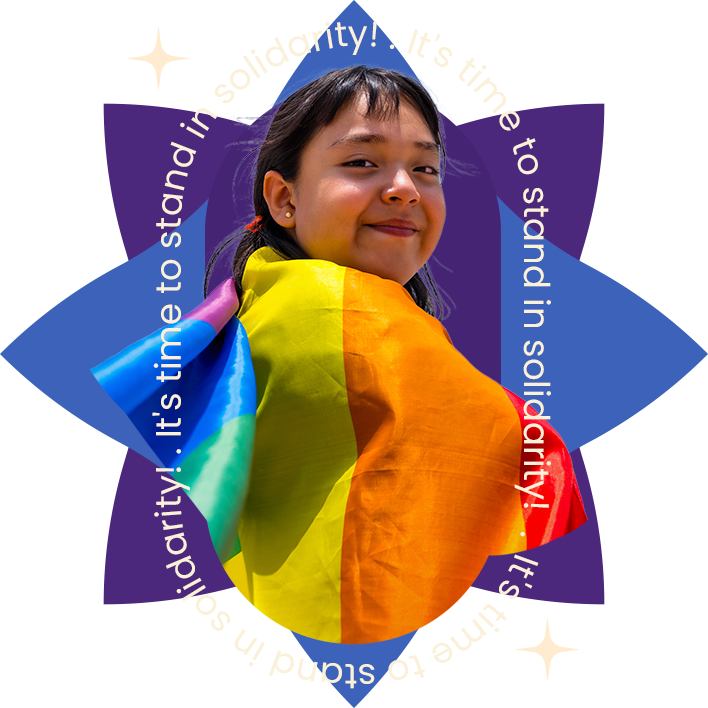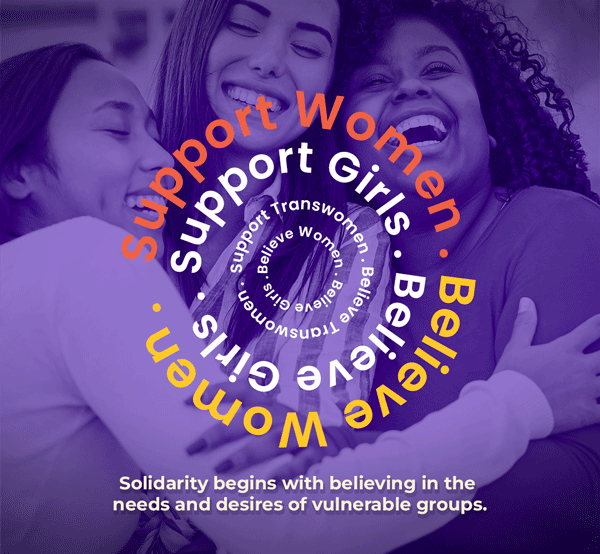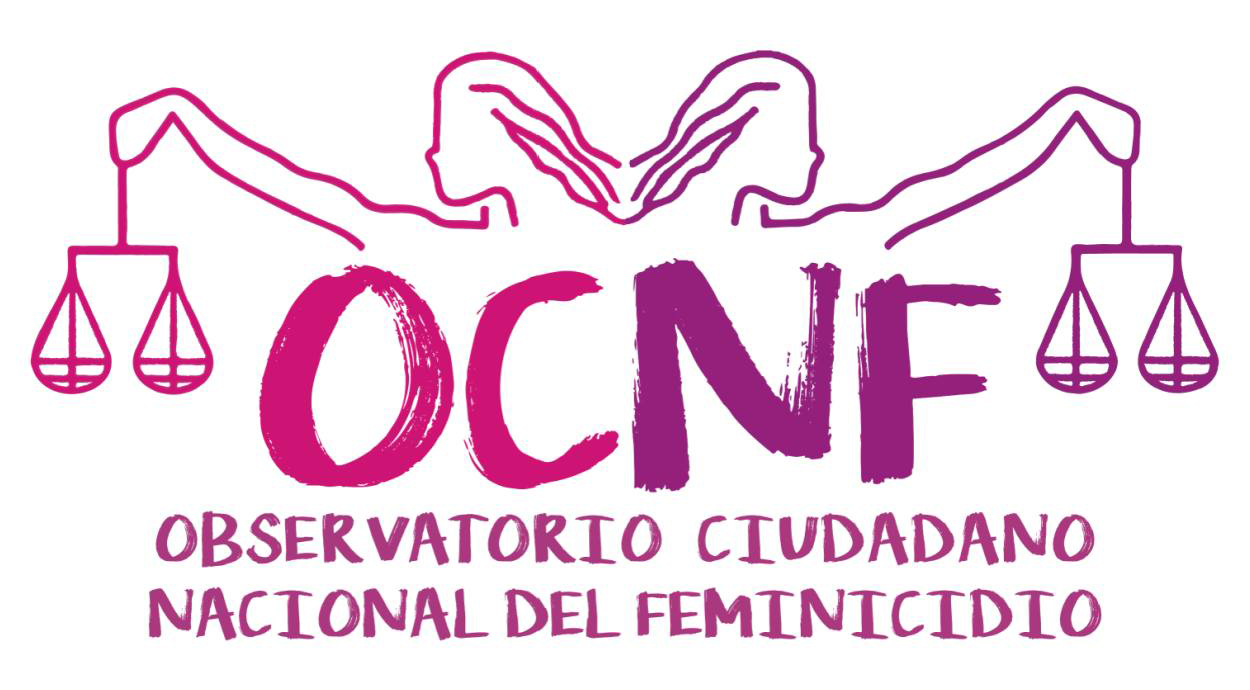The project Feminist Futures Free from Violence funded by Global Affairs Canada includes a three-year process which sets forth an ambitious and comprehensive approach to preventing and responding to sexual and gender-based violence (SGBV) in Latin America, with a focus on Ecuador, Mexico, and Paraguay. This project is been carried out in collaboration with one global partner (Equimundo) and five local implementing partners: Católicas por el Derecho a Decidir/Mexico (CDD), Red Nacional de Refugios (RNR), and Observatorio Ciudadano Nacional de Feminicidio (OCNF) in Mexico, Centro Ecuatoriano para la Promoción y Acción de la Mujer (CEPAM-Guayaquil) in Ecuador, and Centro Paraguayo de Estudios de Población (CEPEP) in Paraguay.
The target population is women, girls, and people with other gender identities, with an emphasis on reaching young people as well as poor and marginalized groups, in addition to an innovative component focused on positive male engagement. The use of participatory feminist methodologies, South-South exchanges, and gender-transformative, intersectional, and human rights-based approaches throughout all stages of project design, implementation, and evaluation will be instrumental to its success.
In alignment with the 2030 Agenda for Sustainable Development, this initiative is contributing to poverty reduction by fostering the individual and collective agency of women, girls, and those with other gender identities to be full participants in their families and communities, indirectly expanding their educational and employment opportunities. This initiative will also influence two of the action areas established in Canada’s Feminist International Assistance Policy: action area 1 (Gender equality and the empowerment of women and girls) and action area 2 (Human Dignity).
During the first year of the project has been progress towards the goals with main results achieved, such as: All our implementing partners have demonstrated a gender transformative perspective in their programs, services and materials meeting criteria for the provision of a full range of youth friendly SRH services and information; The specific populations of beneficiaries are sex workers, trans women, and women’s organizations from marginalized areas, indigenous and afro descendant women and girls; at least 485 women and girls have been provided with access to sexual and reproductive health services; over 4900 of people reached with Comprehensive Sexuality Education (CSE); and 1 institutionalized participation mechanism used to advance the SRHR agenda.
















